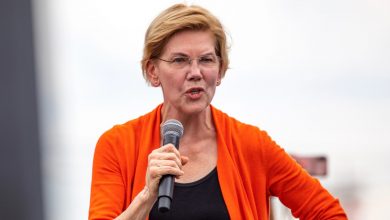GOP Medicaid Cuts Could Leave Millions Uninsured, CBO Warns In Stark New Forecast – Financial Freedom Countdown
As Republicans push to trim the federal deficit, the Congressional Budget Office (CBO) warns that leading Medicaid cut proposals could strip health coverage from millions.
The nonpartisan agency’s analysis requested by Rep. Frank Pallone Jr. (D-N.J.) and Sen. Ron Wyden (D-Ore.) shows just how steep the human cost could be of policies designed to save hundreds of billions of dollars.
$880 Billion in Cuts Demanded – But at What Cost?

With a mandate to slash $880 billion from the federal deficit, the House Energy and Commerce Committee is zeroing in on Medicaid as a primary target.
Republican leaders argue the program should be streamlined to ensure sustainability and better serve the most vulnerable.
Achieving those savings, according to the CBO, will require sweeping reforms; or outright reductions in how the joint federal-state program supports low-income Americans.
The 5 major Medicaid policy options analyzed by CBO are
1. Cutting the Enhanced Match: Expansion Enrollees Would Lose Generous Federal Support

One leading Republican proposal would eliminate the higher federal matching rate for Medicaid enrollees who became eligible under the Affordable Care Act’s expansion.
Currently, the federal government covers 90% of the costs for these individuals, a more generous share than for traditional enrollees. The proposal would align their federal match with standard state-specific rates; ranging from 50% to 77%, starting in 2026. This would shift more financial responsibility to the states, many of which may scale back their programs in response.
The result? 2.4 million could lose coverage if states decide expansion is no longer affordable with a savings of $710 billion
2. Cracking Down on State Provider Tax Schemes Could Trigger Massive Coverage Losses

Another GOP option would eliminate states’ ability to use a key financing tool: taxing health care providers and then recycling those funds back through Medicaid payments. This “hold harmless” system currently allows states to draw more federal funds without net losses to providers.
By banning this practice, states would likely face immediate budget gaps, forcing them to cut benefits, reduce provider payments, or drop enrollees altogether.
The CBO estimates that this change alone could save $668 billion but lead to 3.9 million increase in uninsured people.
3. Capping Federal Medicaid Spending for Everyone Could Shrink the Safety Net

This sweeping proposal would fundamentally restructure Medicaid by placing a per-enrollee cap on federal funding for all beneficiaries. Currently, Medicaid is an open-ended entitlement — federal funds rise as costs or enrollment grow.
Under this change, states would receive a fixed amount per person, adjusted only for inflation.
As health care costs outpace that growth, states could be forced to cut eligibility, reduce services, or both.
This move could produce major federal savings of $682 billion, but at the cost of destabilizing the Medicaid program nationwide. The increase in uninsured people would be 2.9 million.
4. Targeted Spending Caps for Expansion Enrollees Still Pose Risks

A narrower alternative would cap federal funding just for the ACA expansion population; adults under 65 with incomes below 138% of the poverty line.
While this option is more limited than a system-wide cap, the fiscal impact could still be severe. States relying on federal dollars to sustain expanded coverage might cut back on enrollment or benefits if their federal allotments fall short.
Vulnerable adults in expansion states would be disproportionately affected, and coverage losses would be likely.
Estimated savings of $225 billion would result in 1.5 million additional people being uninsured by 2034.
5. Rolling Back Biden-Era Enrollment Protections Would Shrink Participation
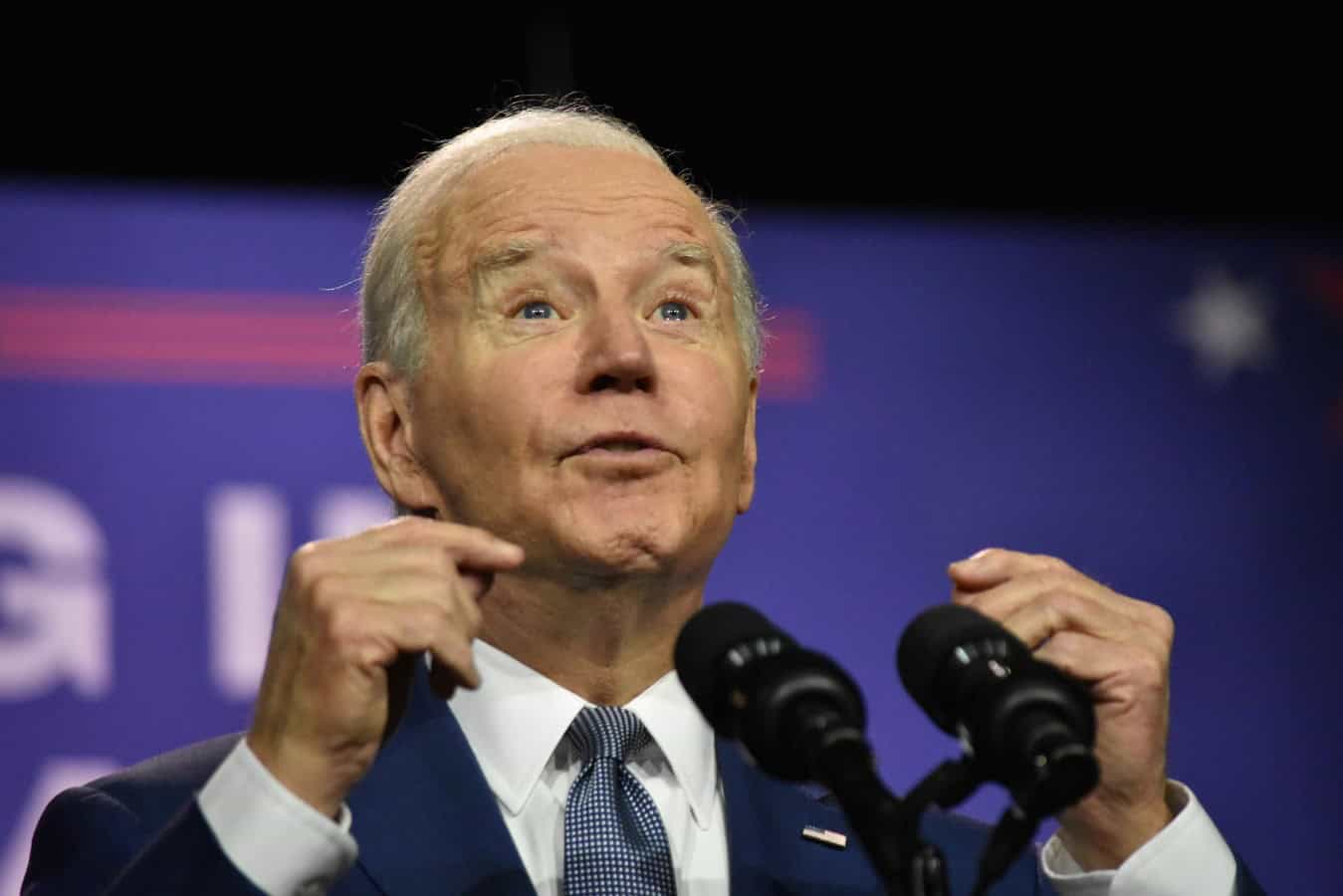
The final policy under review would repeal recent federal rules designed to streamline Medicaid and Medicare enrollment. These rules, issued in 2023 and 2024, reduce red tape, simplify renewals, and increase automatic enrollment for eligible low-income individuals; especially seniors and people with disabilities.
Repealing them would reintroduce paperwork barriers and increase the risk of eligible individuals being disenrolled. The CBO warns this rollback could undermine access to care for those who need it most and discourage participation in vital support programs.
Projected savings of $162 billion with 600,000 increase in uninsured population.
Work Requirements Still in Play; But Not Yet Scored

Although the latest CBO report didn’t assess work requirements, a 2023 analysis estimated that imposing “community engagement” mandates for Medicaid recipients aged 19 to 55 could save the federal government around $109 billion over ten years.
However, the policy would also result in approximately 600,000 people losing coverage and shift an estimated $65 billion in costs to the states.
Speaker Johnson Rules Out Some Cuts, But Not All

House Republican leaders have yet to finalize their plans.
After pressure from centrist Republicans, Speaker Mike Johnson (R-La.) indicated Tuesday night that eliminating the enhanced federal match for expansion enrollees is no longer under consideration, and that per-capita caps for that group are also unlikely to move forward.
But other controversial proposals remain under consideration.
States Would Be Forced to Make Painful Choices
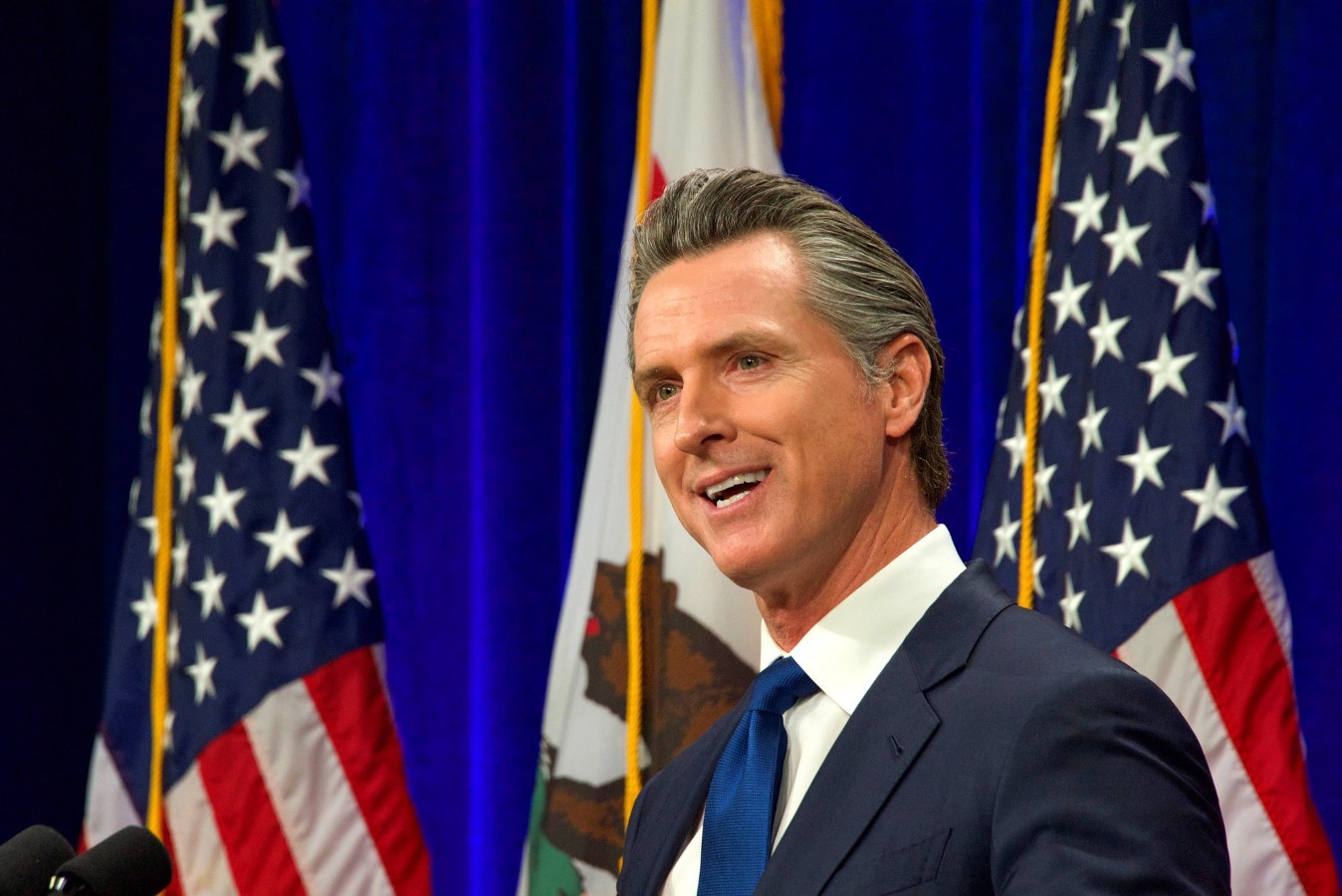
The CBO notes that in all scenarios, states would face tough trade-offs: reduce benefits, slash provider payments, raise taxes, or cut funding elsewhere, like education or public safety.
Some states may choose to abandon the ACA expansion entirely.
Proposals gaining traction include imposing work requirements, tightening eligibility checks, and restricting benefits for noncitizens.
Democrats Slam the Plan as a Health Care Rollback
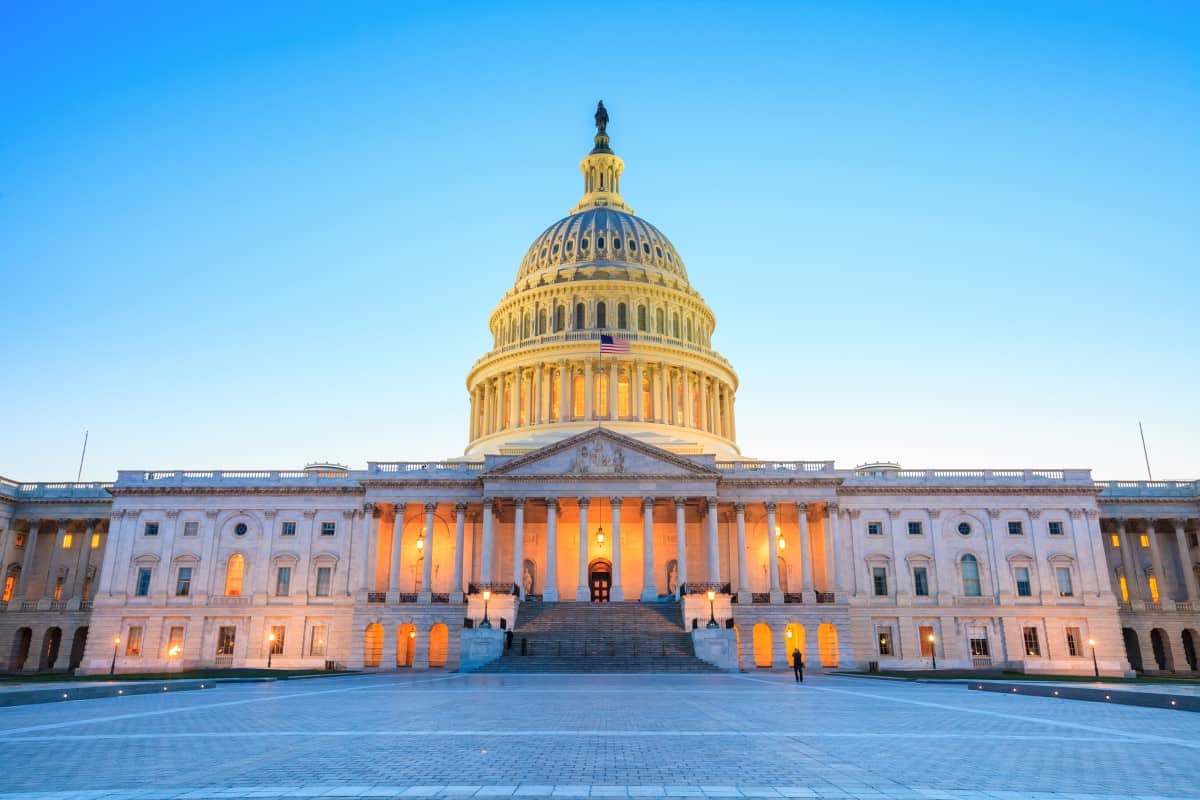
Democratic leaders immediately seized on the findings.
“This analysis from the non-partisan, independent CBO is straightforward: the Republican plan for health care means benefit cuts and terminated health insurance for millions of Americans who count on Medicaid,” Senator Ron Wyden of Oregon said in a statement.
“Republicans continue to use smoke and mirrors to try to trick Americans into thinking they aren’t going to hurt anybody when they proceed with this reckless plan, but fighting reality is an uphill battle,” Wyden said in a statement. “The bottom line is that the Republican bill is going to cut health care for kids, seniors, Americans with disabilities and working families, and Democrats are going to fight to stop it.”
Republicans Accuse Democrats of “Fear Mongering”
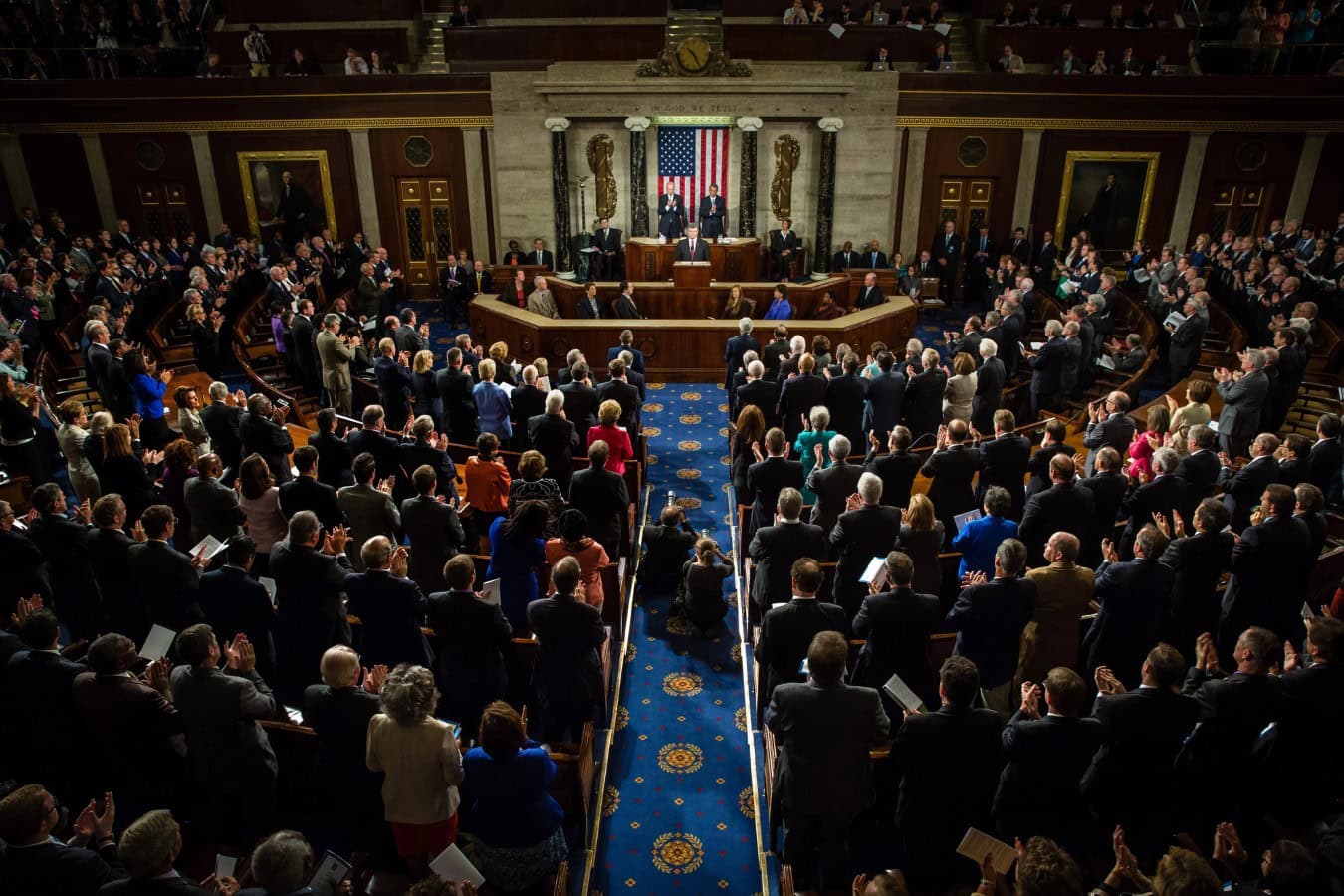
In a post on X, the Republican Energy and Commerce Committee said, “While Democrats fear monger, Republicans are planning to strengthen, sustain, and secure Medicaid for generations to come. @HouseCommerce Republicans are rooting out the waste, fraud, and abuse to ensure Medicaid funds go to those who truly need it—mothers, children, seniors, and people with disabilities—not illegal immigrants or ineligible individuals. We make no apologies for prioritizing those Americans whom Medicaid was designed to serve.”
The Road Ahead: Hardline GOP vs. Moderate Concerns

Divisions are growing within the Republican ranks as the CBO analysis is considered.
Hardliners want bigger cuts, while moderates worry about voter backlash.
As budget talks grind on, the future of Medicaid; and the health security of over 70 million Americans; remains deeply uncertain.
Like Financial Freedom Countdown content? Be sure to follow us!

John Dealbreuin came from a third world country to the US with only $1,000 not knowing anyone; guided by an immigrant dream. In 12 years, he achieved his retirement number.
He started Financial Freedom Countdown to help everyone think differently about their financial challenges and live their best lives. John resides in the San Francisco Bay Area enjoying nature trails and weight training.
Here are his recommended tools
Personal Capital: This is a free tool John uses to track his net worth on a regular basis and as a retirement planner. It also alerts him wrt hidden fees and has a budget tracker included.
Platforms like Yieldstreet provide investment options in art, legal, real estate, structured notes, venture capital, etc. They also have fixed-income portfolios spread across multiple asset classes with a single investment with low minimums of $10,000.
